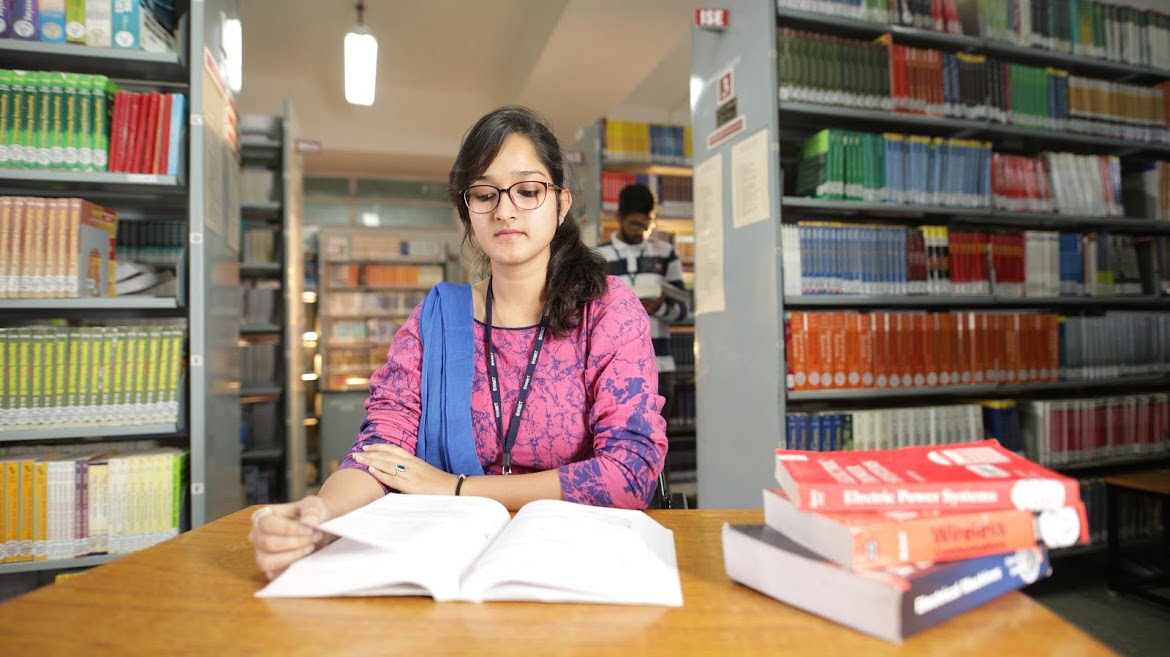
Stay Fit and Stay Safe
July 5, 2021
BNMIT to IIT Kharagpur: The road less traversed
July 19, 2021COVID-19 has taken a toll on the aspirations of millions of students. All their plans have crash landed; their dreams shattered.

It has been over fifteen months into the pandemic. Ever since, board exams have been deferred and cancelled, admission schemes altered, and social life has gone for a toss. While COVID-19 has been hard on people across all the age groups, it has been an extraordinarily stressful experience for the youth.
Apart from disrupting family dynamics and usual social environment, the virus has taken a toll on the aspirations of millions of students. All their plans have crash landed; their dreams shattered.
The outcome? Immense anxiety, disappointment, hurt, and hopelessness!
“There is an alarming rise in the rate of anxiety and depression like symptoms in youngsters owing to a complex array of factors accompanying COVID-19. Students, especially those preparing for boards examinations and looking at admissions in professional courses, have taken a hit due to the uncertainties surrounding the academic calendar. There is a sense of loss and anxiety about the future,” informs Meera Ravi, students’ counsellor and therapist based in Bengaluru.
While the feeling of gloom and an impending doom is widespread, experts say that lamenting over the situation is fruitless. Students should take charge and use this time in a constructive way.
According to Dr. Aarti Jagannathan, associate professor, Department of Psychiatric Social Work, National Institute of Mental Health and Neurosciences (NIMHANS), students should plan their schedule and manage their time efficiently to reduce the stress level.
“For a wholistic development, importance should be given to personal and social well-being too. Students should allot time to self-care and socialization as well, apart from studies. To minimize stress and increase productivity, they can resort to Yoga practices. Prayanamas and other aasanas in Yoga can manage emotional regulations and calm the mind, apart from improving cognitive abilities like attention and concentration. The NIMHANS department for Integrative Medicine has stress management videos for various age group that they can practice’, adds Dr. Aarti.
In all likelihood, the uncertainty prevailing over the academic calendar is here to stay. Under such scenario, students should work towards enhancing knowledge and social and emotional learning.
“They should focus on learning process and should be motivated to pick up new skills. Under the current education system, children study to score well in the examinations and not to gain knowledge. Now is the time to change it,’ says Dr. Ali Khwaja, chairman and counsellor, Banjara Academy.
Parents should be vigil
With partial/total lockdowns in place and social distancing the need of the hour, majority of the students are stuck at home. Experts say that it is the parents who set the tone in the household, and they should refrain from expressing extreme doom or fear. Moreover, they should be more vigilant than ever.
‘I hear you’, ‘I acknowledge your hopelessness’, ‘how can I help?’, ‘how can we make it better for you? – these are just some of the ways parents can help a stressed child.
“Parents should start listening and invite the child to talk. However, it is ironic that currently, both the parents and children are drowning. If parents can address their mental instability, they can be more available for the child. They should address their despair and talk about it so that they can deal with their children’s hurt and disappointments’, says Meera.
The Last Taboo
It is ok to seek help!
According to mental health experts, seeking professional help at the right time can be the key. A youngster low on motivation level, always glued to the television, and locked up inside the room should raise the red flag.
‘Parents should understand that seeking professional help is important when the child is anxious, feeling hopeless, is not approachable, and is becoming dysfunctional in some ways. Mental health issues should not be a stigma. A few sessions with a trained professional can help inculcate a positive mindset, which is the only way out of the state of despair’, says Dr. Madhuri Anand, counsellor, BNMIT.

